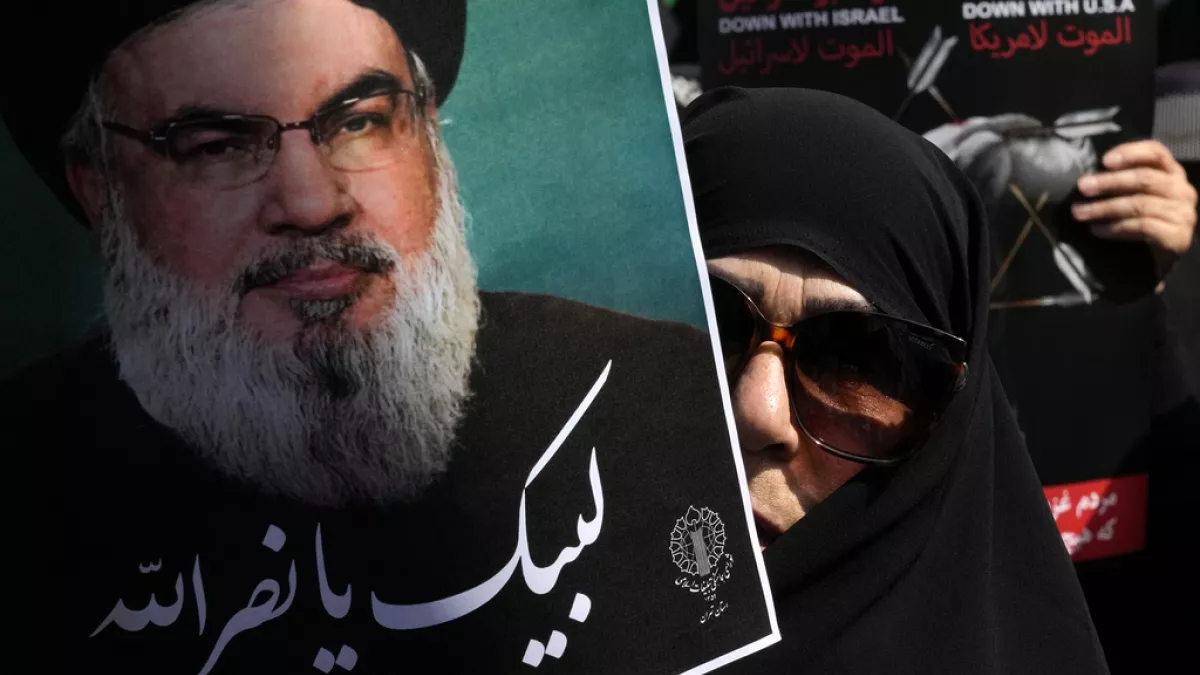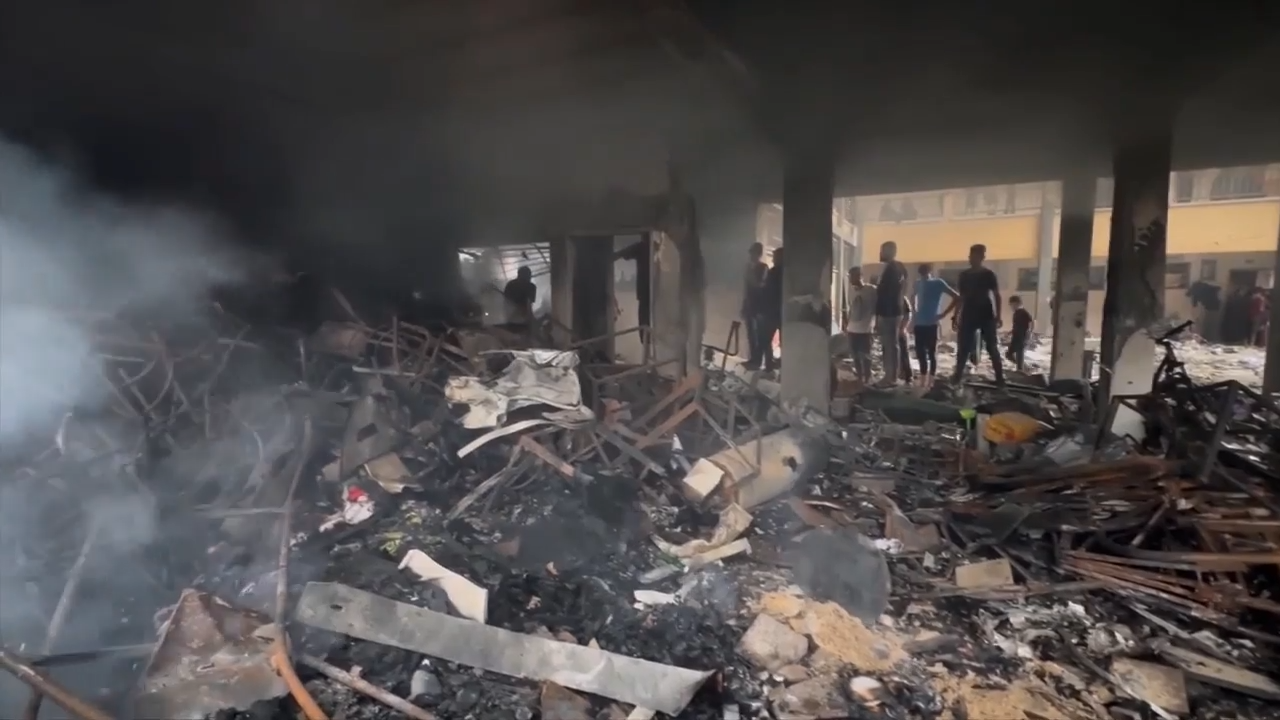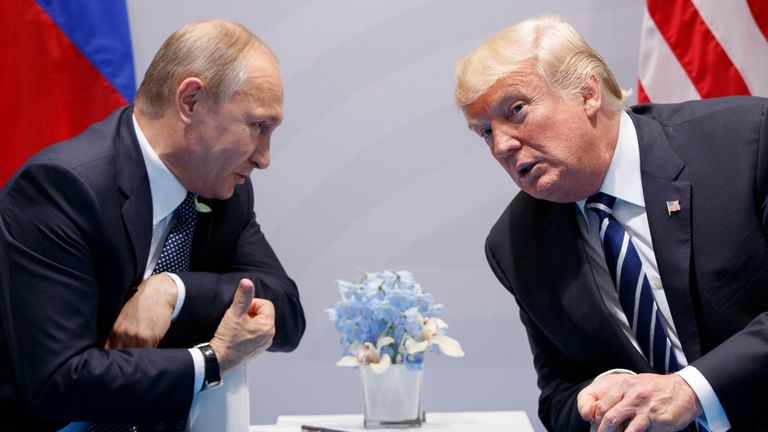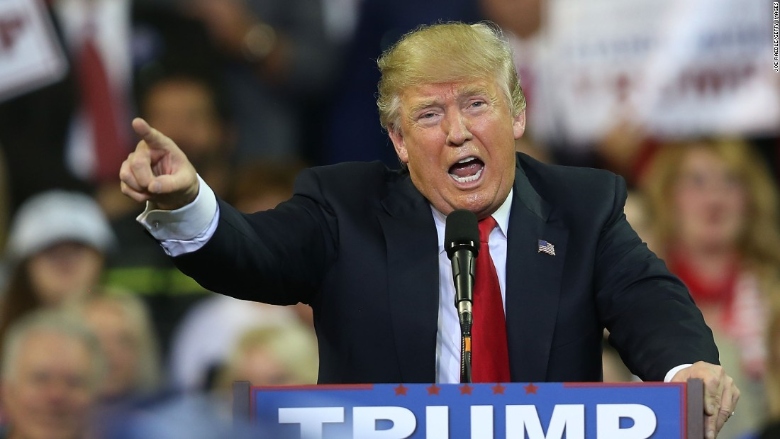In a significant escalation of conflict in the Middle East, Israel has claimed responsibility for the death of Hezbollah’s leader, Hassan Nasrallah, following an airstrike on Beirut. The Israeli Defense Forces (IDF) reported that their fighter jets targeted Hezbollah’s headquarters in the southern suburbs of the Lebanese capital on September 27, 2024. According to Israeli sources, the strike resulted in Nasrallah’s death, a claim that, if confirmed, would represent a massive blow to Hezbollah, one of the most powerful non-state militant organizations in the region.
Nasrallah has been a pivotal figure in Hezbollah since the early 1990s, leading the group through decades of conflict with Israel and playing a significant role in shaping its military and political strategies. Under his leadership, Hezbollah became a formidable force, extending its influence across Lebanon, Syria, Iraq, and Yemen, often backed by Iran. The group is widely recognized for its large cache of rockets and missiles, and its involvement in conflicts throughout the Middle East, often as an extension of Iranian regional ambitions.
The airstrike that allegedly killed Nasrallah comes amidst an ongoing and intense military campaign by Israel against Hezbollah. Over the past several weeks, the two sides have exchanged numerous attacks, with Hezbollah firing rockets into northern Israel and Israeli forces responding with air raids on Lebanon. Israel’s strikes have focused on dismantling Hezbollah’s strategic missile sites and weapon storage facilities, some of which were embedded in civilian areas, adding complexity to the conflict.
While Israel has confirmed Nasrallah’s death, Hezbollah has yet to issue an official response. This silence has left room for speculation about the accuracy of Israel’s claims, as no independent sources have yet verified Nasrallah’s death. Nevertheless, Israeli officials maintain they are confident in their intelligence and believe this marks a turning point in their ongoing battle against Hezbollah.
The death of Nasrallah, if true, could have far-reaching implications, potentially destabilizing Hezbollah’s internal hierarchy and provoking a wider regional conflict. Hezbollah’s vast network of supporters and allies, particularly Iran, could retaliate in ways that might further escalate the conflict. There are also concerns about how this might impact Lebanon, a nation already grappling with political turmoil, economic collapse, and widespread destruction from Israeli airstrikes.
As of now, Israel has heightened its state of alert, bracing for possible retaliation from Hezbollah. The group has a history of responding aggressively to the loss of key leaders, and the IDF has warned that it will continue to strike Hezbollah targets, further dismantling its military infrastructure.
This development is also likely to strain relations between Lebanon and Israel even further, and could drag neighboring countries into the fray, increasing the risk of a broader regional war. For now, the world watches closely, awaiting confirmation of Nasrallah’s fate and the potential repercussions of his death on the fragile balance of power in the Middle East.
Sources: Times of Israel, CNN, KTVZ.



